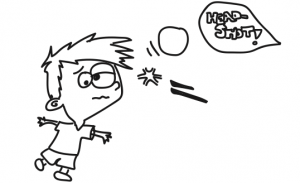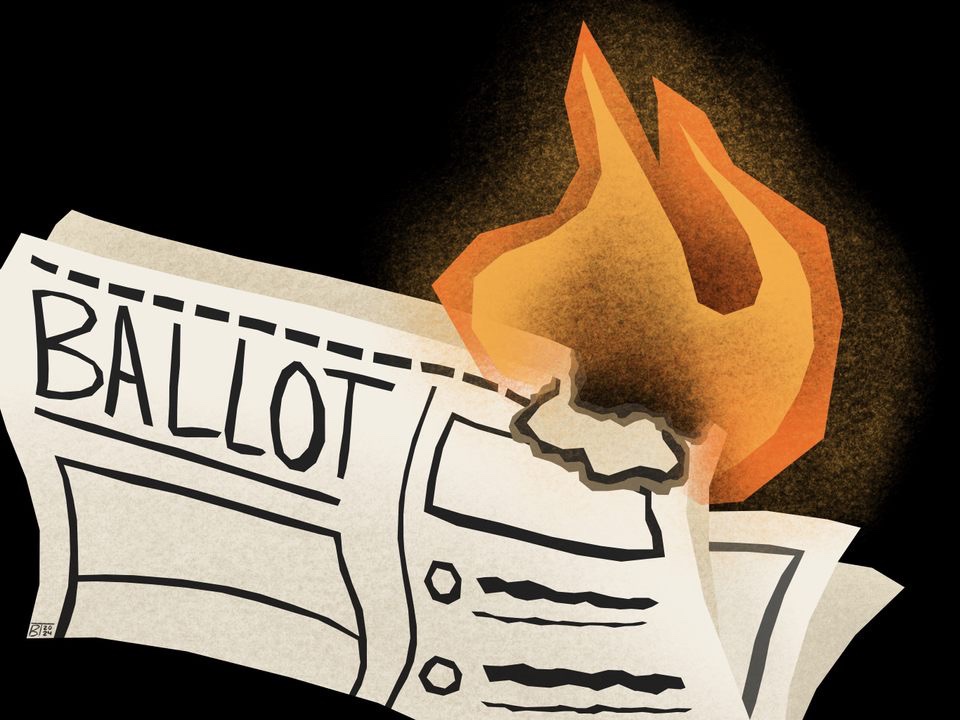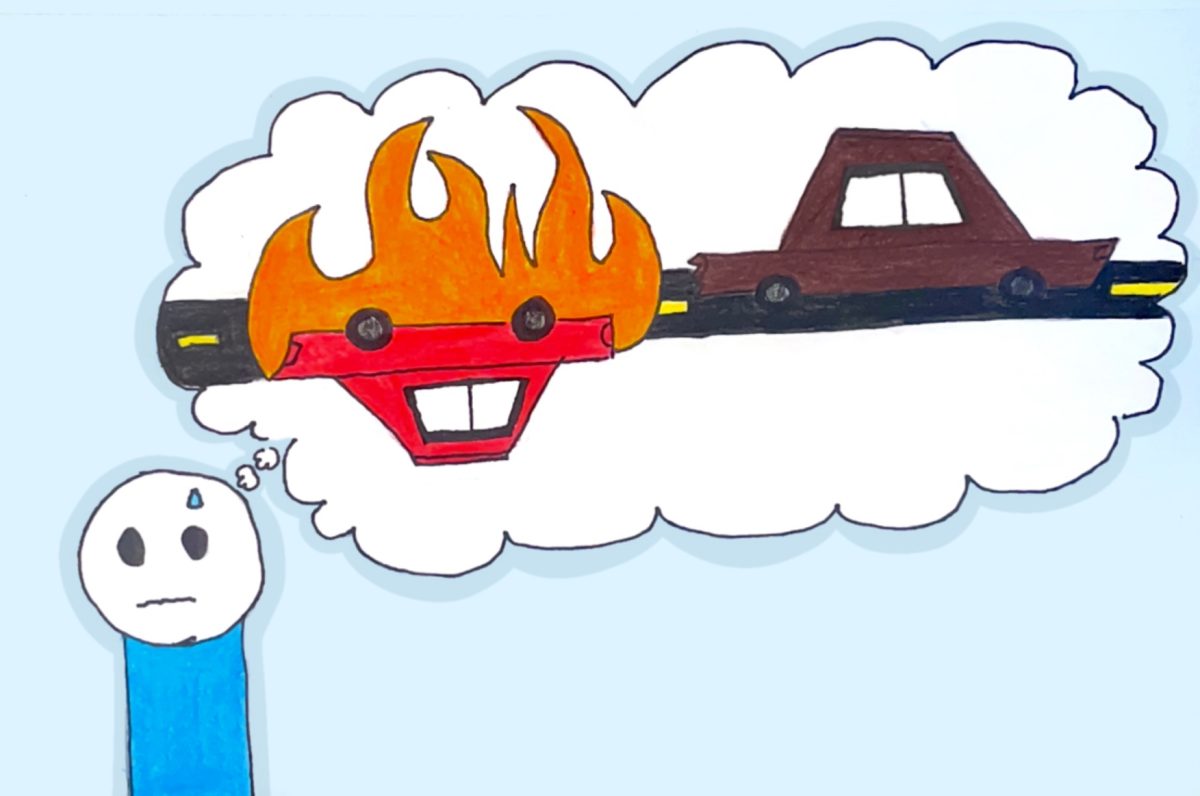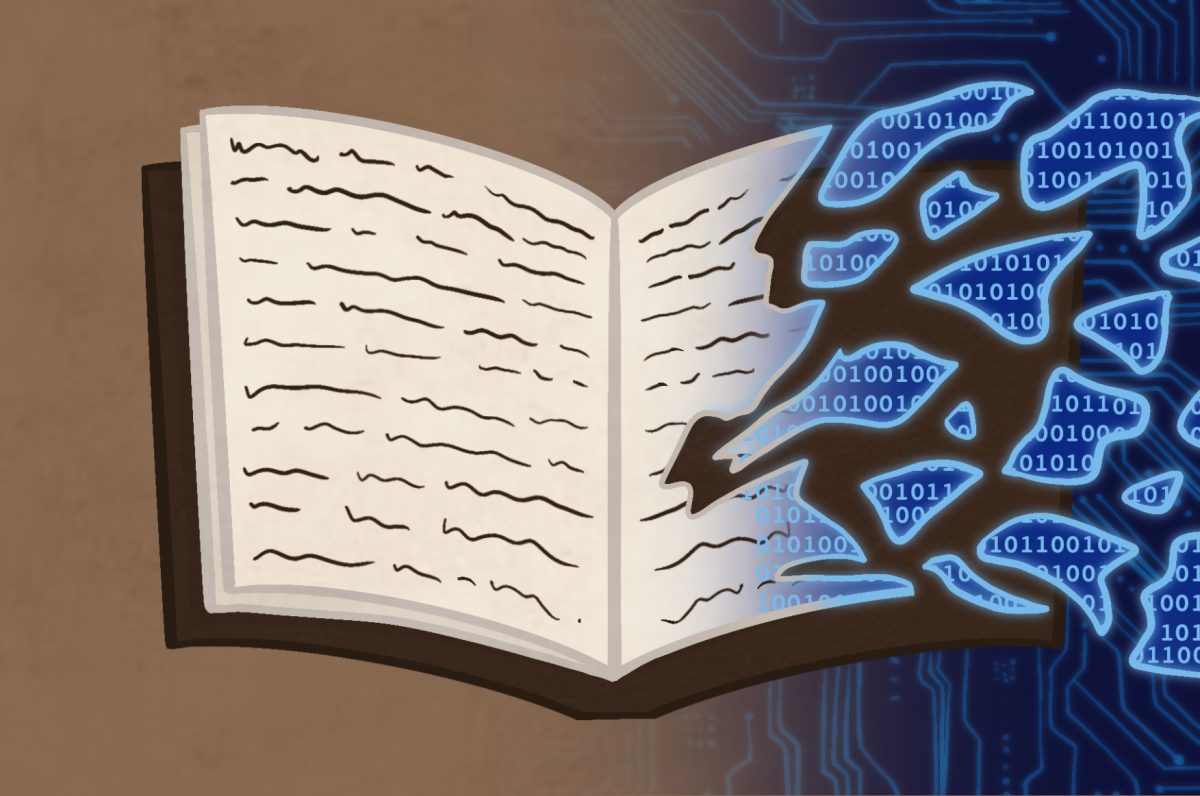I’ve always had a soft spot in my heart for origin tales, where old characters are fleshed out and introduced to their friend group years prior. While many seem to dislike the movie prequels and delayed TV pilot episodes which showcase why people are certain ways, I feel that they allow a deeper understanding of the characters and their dynamics. This extends past the fictitious realm of media and lands squarely in reality, where every person is defined by their experiences. Through this theory I posit that I have learned to gloat from my father.
My earliest memory involves a celebration of achievement, although it was not my own. Allow me to unravel some backstory. My father grew up in a different time in an impoverished area of Delaware. Gym class has always been always a bittersweet moment in a person’s middle school career. The early bloomers sprout huge and strong, allowing an impossibly easy domination of the undeveloped students in physical bouts. This was beneficial or terrifying, depending on whose team was comprised of more post-pubescent titans. However, my dad’s ex-marine gym teacher didn’t approve of team games.
[media-credit name=”SYDNEY LISS-ABRAHAM” align=”alignnone” width=”300″] [/media-credit]
[/media-credit]
Brock Chapman was never known for his compassion. This man preferred a more freeform style of teaching and his ideals shone in a variation of a dodgeball game. There were no sides or teams, just 30 or so preteens and two red rubber balls. Headshots were not only allowed, but encouraged because they fostered both aim and awareness, respectively. “Blood! I wanna see blood!” Mr. Chapman would scream, and the kids would deliver.
Now, some veterans demonstrate a horrible aversion to violence after their tour of duty, but not Brock, it seemed. Serving in the Korean War turned boys into men and girls into slightly smaller men, a truly patriotic endeavor. Unsurprisingly, Mr. Chapman had to “retire early” that year after he got in a physical altercation and punched a student in the face.
My father remembered these days somewhat fondly because while he was smaller, he was friends with the beastliest boy of the bunch, which granted him some form of protection. With this in mind, he decided to impart the glory of unregulated dodgeball to my twin sister and me at the ripe age of five. At this point in my life, I had quite recently learned to throw and catch, mostly in an organized fashion. Generally someone would say something along the lines of, “Hey Daltrey, catch!” or, “Heads up!” and then lazily lob the ball for me to fumble and bobble. This was a solid system in my mind – the entire event was planned preemptively and allowed both parties the satisfaction of a ball well caught. However, dodgeball generally doesn’t follow that sort of call-and-response situation; it requires the learned ability to both anticipate and reliably avoid an unexpected throw. This allowed him, a grown-ass man, to absolutely annihilate the both of us.
In my family, a win was never given—it was earned. My parents eschewed the new-age idea of letting your children win early on because they thought it would weaken our character. If you go easy on somebody, it cheapens the stakes and spoils a hard-earned, authentic victory. As a result, the game was quite one-sided. Our feeble arms couldn’t whip a ball fast enough to blast our father, so we had to resort to low-blows and shoe-shiners, hoping that he couldn’t protect his shins as easily. He combatted this by simply jumping. Conversely, my dad had the finely-tuned muscularity and synaptic connections to effectively toss an object—which he did, with all the precision of a shotput champion. It was a massacre.
After a long while of getting pegged, I decided that the best course of action was to flee the scene, obeying the naturalistic law that when one cannot fight, one should take flight. I ran deep into the backyard, with my lungs burning. For a brief moment I thought I had escaped, that I would disappear into the tree-line of the neighbor’s yard and never stop. I’d lead a life following the North Star to my next meal and make my way to Canada where nobody had ever heard of a ball—all their sports use flat, rubber cylinders. I began to convert my weight from pounds to metric units when suddenly, THWONK! I was propelled face-first into the dirt, the rubber projectile slamming me like artillery. As I rolled over, still dazed from the blow, I saw my dad with his hands above his head shouting. “WOOO, HEADSHOT! Did you see that Rheannon? Rheannon (my aforementioned twin sister), wasn’t that awesome?”
Right when I began to cry, sanity set in and he apologized profusely for his actions. Our elderly neighbor, Ms. Nora, had seen the entire incident through her window and aggressively hobbled outside and gave my father the tutting of a lifetime—her finger wagged like a metronome on full blast. To this day he still recounts that exact throw as one of his greatest athletic achievements, frequently adding in how I “just ran right into it,” with a slight smile. Although it was a brutal experience at the time, I did come out with two useful lessons: those who show grace in victory are chumps, and keep your eye on the ball.







